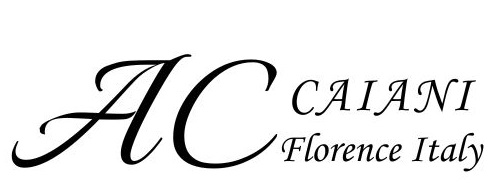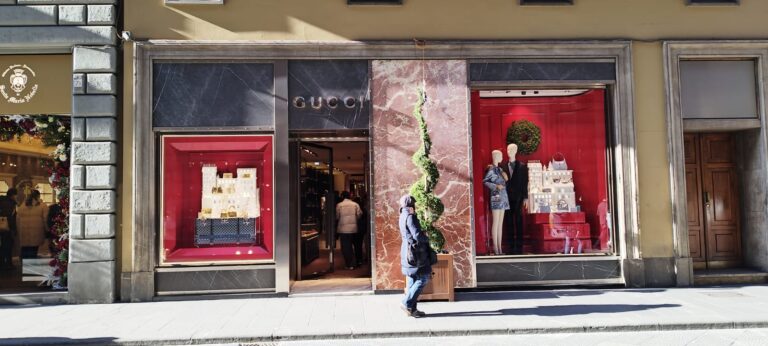Florence is renowned as a capital of design and fashion, deeply rooted in its rich history and vibrant contemporary scene. The city not only showcases high-end fashion but also serves as a hub for craftsmanship and innovation in the industry. Here’s an overview of Florence’s significance in the world of design and fashion:
Historical Significance
Birthplace of Italian Fashion:
Florence is often regarded as the birthplace of modern Italian fashion, particularly since the first high-fashion show organized by Giovanni Battista Giorgini in 1951 at Villa Torrigiani. This event marked the beginning of Italy’s rise in the global fashion scene, showcasing designers like Emilio Pucci and Roberto Capucci.
Influential Designers:
The city is home to several iconic fashion houses, including Gucci, Salvatore Ferragamo, and Roberto Cavalli. These brands have roots in Florence and continue to influence global trends with their unique styles and craftsmanship.
Contemporary Fashion Scene
Fashion Events:
Florence hosts numerous fashion events throughout the year, including Pitti Immagine Uomo, a major event dedicated to men’s fashion that occurs biannually. This event attracts international buyers and showcases innovative designs from established and emerging designers alike.
Shopping Districts:
The city features prominent shopping streets such as Via de’ Tornabuoni, where luxury boutiques from brands like Prada, Valentino, and Louis Vuitton are located. The area is a shopper’s paradise with a mix of high-end fashion, artisanal workshops, and antique shops.
Artisan Craftsmanship:
Florence is celebrated for its artisan workshops that produce leather goods, jewelry, and textiles. Areas like Ponte Vecchio are famous for goldsmiths, while neighborhoods such as San Lorenzo are known for leather markets.
Education and Innovation
Fashion Schools:
The city boasts prestigious institutions like the Polimoda Fashion Institute and the Istituto Marangoni, which attract students from around the world to study fashion design, marketing, and management. These schools contribute to Florence’s reputation as a center for creative talent.
Sustainable Practices:
Organizations like Gruppo Florence promote sustainable practices within the luxury fashion sector, focusing on preserving heritage while addressing ecological challenges.
Museums Dedicated to Fashion
Florence is home to several museums that celebrate its fashion history:
The Museum of Fashion and Costume at Palazzo Pitti showcases historical garments and accessories.
The Gucci Garden, located in the historic center, offers insights into the brand’s evolution through exhibitions that highlight its iconic designs.
Conclusion
Florence stands as a vibrant hub of design and fashion, blending historical significance with contemporary innovation. From its roots in haute couture to its current status as a center for luxury brands and artisan craftsmanship, the city continues to inspire designers and fashion enthusiasts alike. Whether through shopping experiences, educational opportunities, or cultural events, Florence remains at the forefront of the global fashion landscape.

